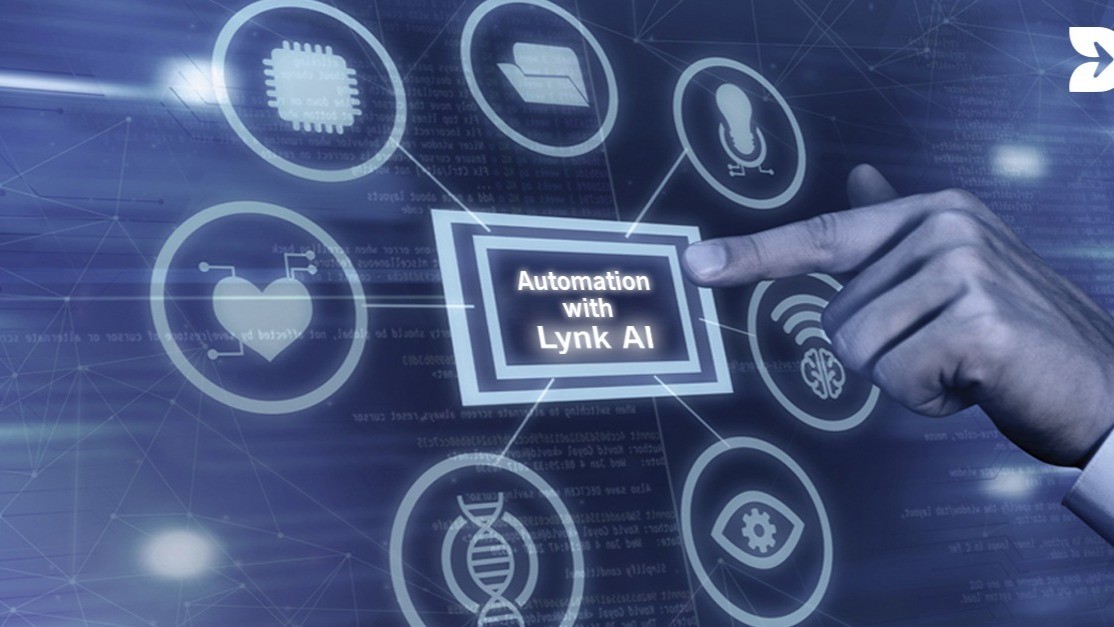
Approved and Improved: AI-Powered EHRs Make Denials Plummet

Approved and Improved: AI-Powered EHRs Make Denials Plummet
Effective healthcare management relies on seamless coordination between electronic health records (EHR), billing, and coding systems. By exploring the symbiotic link between EHR management and billing, we can leverage AI to revolutionize medical practices. AI-driven insights can identify coding discrepancies, flag potential denials, and automate routine tasks, ultimately streamlining operations. This proactive approach not only reduces administrative burdens but also ensures faster claim approvals and improved financial outcomes for healthcare providers.
EHR, RCM, and Denials: A Strategic Overview
EHR refers to digital patient records that authorized users can access online in real time from anywhere. These records typically include vital information such as medical history, diagnoses, medications, treatment plans, immunization dates, allergies, radiology images, and laboratory test results, ensuring comprehensive patient care.
RCM, on the other hand, is the process of tracking a patient's financial journey — from registration to final bill settlement. Key documents required for RCM include patient demographics, insurance details, authorization forms, medical records, invoices, and payment receipts.
Integrating agentic AI into EHR and RCM systems is revolutionizing the industry by enhancing data accuracy, detecting discrepancies, and ensuring seamless record integration. This proactive approach helps:
- Reduce claim denials
- Streamline revenue flow
- Minimize administrative burdens
- Improve financial stability
- Enhance operational efficiency
- Deliver quality patient care.
Agentic AI Reducing Denials via EHR Integration
EHRs serve as comprehensive digital repositories of patient information, encompassing medical histories, diagnoses, treatments, and more. When integrated with advanced AI tools like Lynk, EHRs become pivotal in reducing claim denials through several technical mechanisms.
Intelligent Document Processing (IDP)
Lynk IDP automates the extraction and validation of critical data from medical records, insurance forms, and other documents. By structuring unorganized information, IDP ensures that key details are accurately captured, reducing errors that often lead to claim denials.
Optical Character Recognition (OCR)
Lynk’s AI-powered OCR digitizes printed and handwritten medical documents, converting them into structured data that can be integrated into EHR systems. This minimizes manual data entry errors and ensures accurate information is available for claims processing.
Natural Language Processing (NLP)
Lynk’s AI-enhanced NLP analyzes unstructured text within EHR systems, such as physician notes or clinical summaries. It extracts relevant medical terms, diagnoses, and procedures, ensuring accurate coding and documentation to meet payer requirements.
Machine Learning (ML)
Lynk’s ML models analyze past claim data to detect patterns, predict potential errors, and recommend optimal coding practices. Over time, these models improve accuracy by learning from new data and evolving payer guidelines.
Predictive Analytics
Lynk’s Predictive tools assess historical claim patterns to identify high-risk submissions before they are filed. This proactive approach enables providers to correct potential issues early, improving claim acceptance rates.
Real-Time Monitoring
Lynk AI provides Real-time monitoring systems that continuously track claim submissions, flagging missing data, coding errors, or compliance issues as they arise. Immediate alerts empower healthcare teams to address these concerns before claims are processed.
Lynk AI Optimizing EHR, RCM, and Denial Management
Accurate documentation and data alignment are vital for successful healthcare operations. The integration of agentic AI like Lynk within EHR and RCM systems ensures that data remains consistent and accurate across platforms. Additionally, by leveraging AI capabilities within EHR and RCM systems, healthcare providers can effectively minimize claim rejections, accelerate revenue cycles, and boost administrative productivity.